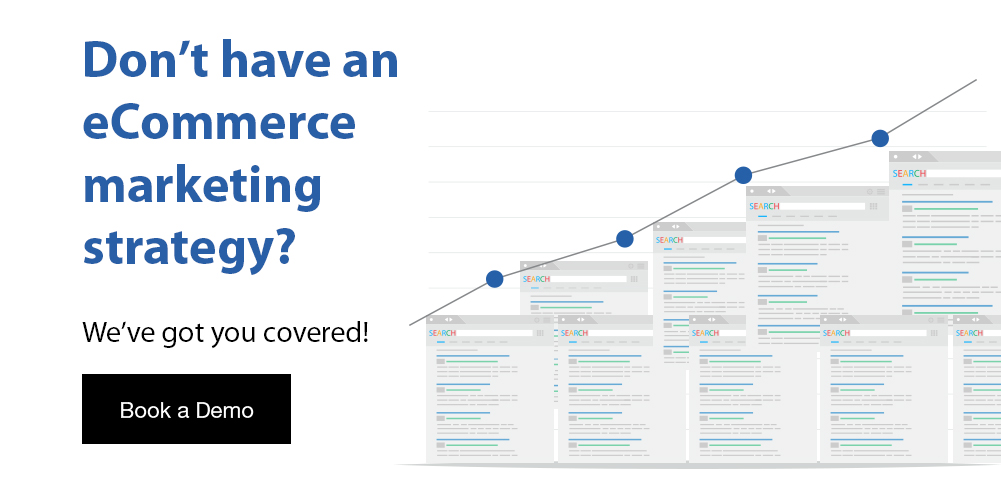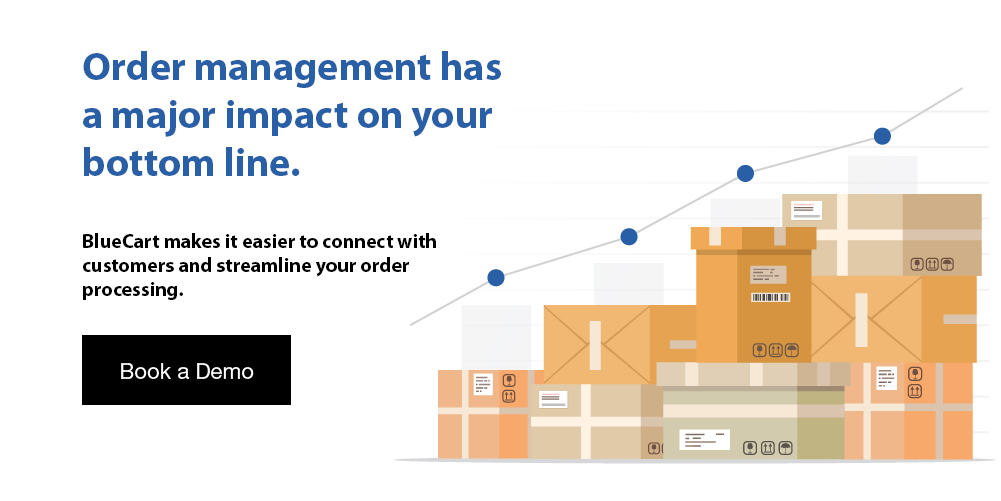The food and beverage industry is known to be one of the most dynamic industries. Given that it’s such a dynamic industry, it’s prone to risk and there is a great need for risk management. So what is risk management, and what is the risk management definition?
Risks are present in practically every industry, and it’s up to the business owner and manager to prepare themselves and their teams to deal with them. Due to the constant evolution of the restaurant industry, it’s a challenging industry for manufacturers, suppliers, and retailers.
This blog post covers the risk management definition and various risks within the restaurant industry. With this information, you can prepare your business for restaurant success.

Risk Management Definition
The risk management definition refers to the process of identifying, assessing, and controlling potential threats to a business’s capital and earnings. Such threats may arise from various sources such as legal liabilities, financial uncertainties, strategic management errors, technology problems, and accidents.
It’s not enough to understand the risk management definition. In fact, it’s crucial to understand the importance of creating a successful risk management plan. This plan will help your business consider the potential risks that it faces and how to avoid or deal with them when they arise. This is also true for a restaurant risk management plan.
Aside from standard risk management, there is also enterprise risk management (ERM). This type of risk management emphasizes the anticipation and understanding of risk across a business in terms of internal and external threats.
ERM also focuses on managing positive risk. Managing risk includes different opportunities that may add business value or damage a business if appropriate actions are not taken.
Every business should understand the risk management definition and process. This is because every business has to deal with some type of risk that may cost it money or business failure.

Risks in the Restaurant Industry
The food and beverage industry is a profitable and growing industry; however, not all businesses within this industry end up successful.
In fact, many situations and risks may lead your food and beverage industry to struggle. Such situations range from having an inefficient procurement process or purchase order process to compliance issues.
However, if your food and beverage business is struggling, there may still be a chance to bring it back on the right track. This is possible with some operational and financial restructuring.
But first, it’s important to identify the cause of the problem. This starts with identifying the potential risks.
Key Takeaway: As with any industry, the food and beverage industry has many risks. The right risk management plan will help businesses generate value and manage risks.
Common restaurant industry risks include:
- Evolving demographic trends
- Incorrect product design development
- Consumer safety risks
- Contamination and poisoning of ingredients and finished goods
- Changes in consumer tastes
- Product information misrepresentation
- 3PL risks involving transport agencies, retailers, and middlemen
- Compromised ingredient and material quality
- Unhealthy food safety practices
To properly mitigate each risk, it’s important to understand the nature of the risk, not just the risk management meaning. To do this, businesses should properly equip themselves with the necessary resources.
How Technology Helps Manage Risks
These days, technology is taking over practically every industry. This includes the food and beverage industry and most restaurants.
In fact, restaurants are paying more attention to restaurant technology trends. They are investing in more restaurant technologies to improve restaurant operations and efficiency.
With the proper risk management tools, businesses can increase visibility and address each situation head-on. This is possible with risk management technology.
Risk management technology provides the following benefits:
Easier Monitoring
It’s easier to report risks with just a few clicks. Risk management technology makes this possible by consolidating reports from different project teams.
Surface Trends
Such technology allows for historical reporting. This is what most manual risk management processes lack. Historical reporting and forward-looking data reports make it possible to spot potential trends and plan ahead.
Real-time Information
Risk management technologies allow individuals and teams to report activities in real-time. With this information, businesses avoid lag time between actions being reported and the appropriate parties receiving the report in order to act on it. This also makes it possible to have up-to-date information.
Easier Escalation
If a risk needs to be escalated, risk management software makes it possible to flag the problem and send it to the appropriate individual or team. It will make the problem a top priority so that it can be addressed in a timely manner.
Keep in mind that not all risk management technology is the same. Some software may outperform others and include different functions.
Risk management technology should include the following functions:
- Improve data accuracy
- Market and industry insights regarding developing trends
- Identify product design mistakes
- Flag inefficiencies and detect bottlenecks in business processes
- Trigger alerts for cost overruns
- Offer actionable, feasible, and personalized solutions to problems
- Strengthen system functionality
- Analyze revenue generation and profitability capabilities
- Track real-time product development, transportation, storage, and sale
- Track the reason and frequency for product recalls
- Trigger warnings and allow instant stoppage of processes and machinery
- Allow for global monitoring
- Allow for system integration across platforms
- Increase data-sharing functionality
- Identify reasons and solutions for non-productivity
- Provide summaries and reports from business analytics
If your risk management technology performs these functions, your business will have more power in controlling products and processes.

Frequently Asked Questions About Risk Management
Some businesses in the food and beverage industry are holding onto outdated processes and ignoring market changes. This is what’s causing them to fall behind compared to their competition.
Those businesses that are choosing to expand into new markets are discovering that they lack the necessary infrastructure to support this growth. This includes having proper risk management strategies.
In order to succeed as a business, it’s important to understand the risk management definition. If you’re still asking yourself, “What is risk management?”, read the following commonly asked questions.
What Are the Risk Factors in Food Business?
Risk factors in the food business include:
- Food supply chain distribution
- Cyberattacks
- Food contamination and spoilage
- Equipment failure
- Food safety and recalls
What Are the Challenges the Food and Beverage Industry Will Face in 2023?
The challenges that the food and beverage industry will face in 2023 include:
- Shortage of workers
- Rising food costs
- Inflation
- Difficulty getting food inputs and packaging
- Shipment reliability
What Is the Greatest Risk in Food & Beverage?
The greatest risk in food and beverage is the compromised quality of ingredients and materials. This includes the contamination of ingredients and finished goods.
It’s also common for businesses within this industry to follow unnecessary and unhealthy practices and processes. This creates a risk in terms of their food safety system and quality.